Find out what the main function of world money, their purpose. We will pay special attention to their forms, modern forms.
Definition
World money is money serving international economic relations.
Any national money that participates in free conversion can perform a similar function.
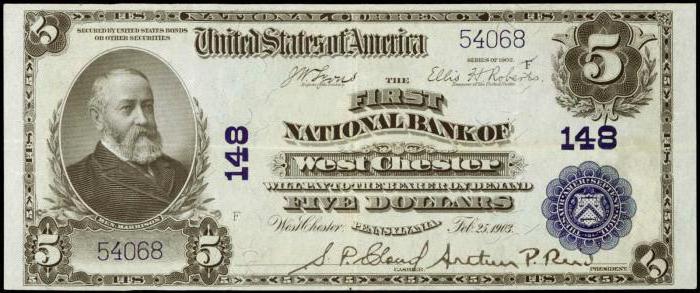
Modernity
Currently, the following currencies are allocated that perform the function of world money:
- leading national currencies, which include the US dollar, British pound, Japanese yen;
- banknotes issued by international financial institutions. For example, Euros are printed at the European Central Bank.
World money is a certain function associated with servicing the movement of the value of goods and services in the global economic turnover. They allow us to establish relationships between different countries.
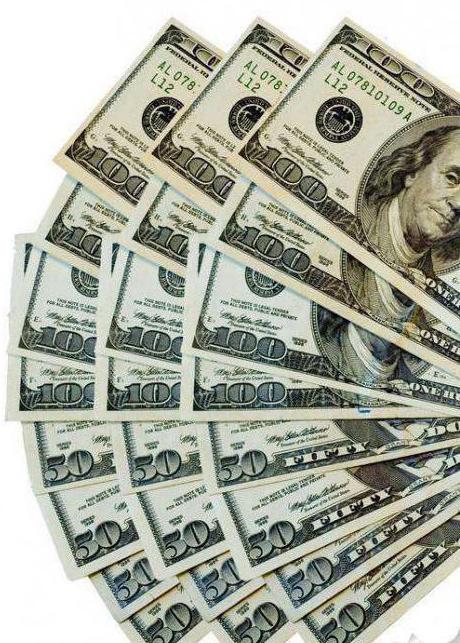
Relevance
The role of world money is currently quite large. They affect the movement of the value of goods and services in the global economic market. It is world money that carries out the division of the market by state borders. Such a division makes it possible to create a specific subject of relations - the state, representing and protecting the interests of the country.
In this regard, disagreements of the economic plan periodically appear on the modern world market, which negatively affects the relationship between sellers and buyers.
Foreign counterparties often have distrust of those regalia with which the state has allocated its own national money. For example, if the country has introduced the mandatory acceptance of its own banknotes when making various types of payments.
A similar problem was relevant at the initial stage of the formation of the world market. At that time, world money could exist only in the form of gold or silver bars. Reception of such money was associated not with quantity but with weight.
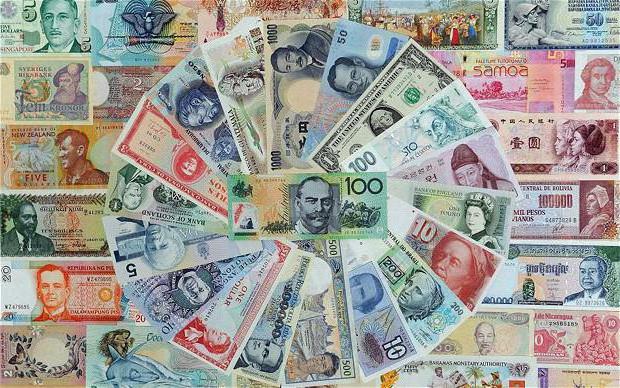
Destination
We single out the main function of world money. They perform such a task as securing payments, controlling the transfer of wealth from one state to another.
They repeat the functions that are inherent in the national money used in the domestic market of a particular country. This circumstance gives some researchers an excuse not to single out the global exchange of money as a separate function.
Given that many national currencies “work” only within the country, they will not allow sellers to enter the world market with their products and services.
In order for company representatives to have a chance at successfully conducting business outside their country, they are forced to use other money. The separation of world money into a separate function has greatly simplified economic relations between business partners located in different countries.
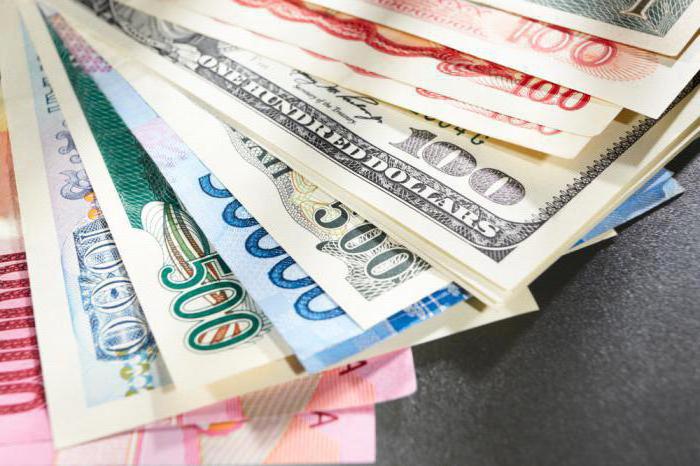
Application specifics
World money can be used to pay off those debts that are associated with external financial, trading, banking operations. In such situations, they will act as a means of payment.
If they are spent for the immediate purchase of products or services, instead of a certain amount that is exported, equivalent commodity value is imported into the country. In such a situation, world money performs the function of a purchasing tool.
The use of such a function is less convenient, since it involves the preliminary accumulation of their specific reserve. Due to significant inconvenience, this function is used much less frequently.For example, it is appropriate for emergency situations: natural disasters, crop failure, serious social upheaval.
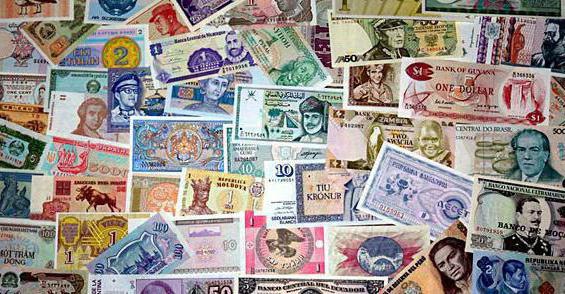
Wealth transfer
In those cases when there is a transfer of world funds from one state to another without the return movement of goods or repayment of credit debt, in this case they are a way of transferring wealth. For example, this situation is possible in the case of reparations, indemnities, the provision of cash assistance or loans, the removal of funds by emigrants, shadow businessmen.
How else do they use world money? Examples of economic relationships currently existing on the world market indicate that they can also act as a measure of value and counting units, since the national prices of individual countries are not able to fully satisfy all the needs of the modern world market.
Some economists are convinced that gold has now replaced global money, and is much more commonly used in making payments.
In reality, the mechanism of the functions of world money improved as the development of economic relations in the world market. If a high level of relationship is reached, commercial banking institutions that are part of the international settlement system are connected to work to pay off payment requirements.
After the gold standard was abolished, a ban was introduced by many countries on conducting private operations with precious metals, banking institutions lost the right to use gold to stabilize payment relations with other states.
Only the treasury and central banks are endowed with such a function. They have the opportunity to sell part of the gold for one of the national currencies in the economic markets and pay off debts.
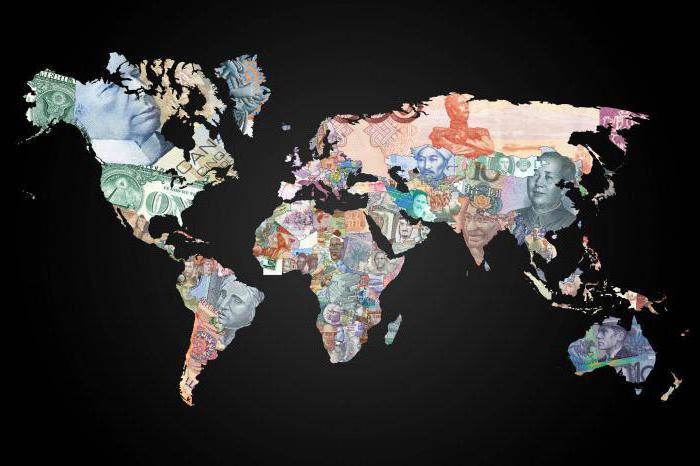
Important facts
At present, in the international economic market, world money acts as a means of purchase and means of payment, and is also used for substantial value.
Why did the subjects of payment international relations begin to trust the national currency as well as world money? The reasons lie in the development of the world economy and in the positive changes in the international payment system.
At present, a large-scale world market has been formed, which has an established system of mutual relations between its individual entities. In addition, a system of relations has formed between banks and consumers that does not involve the use of full-fledged money.
In some countries, the economic potential has reached such proportions that the state has gained confidence in the national currency not only in the domestic market, but also in the international economic arena.
Over the past decade, major changes have occurred between countries. In addition to the economic confrontation, cooperation arose between them, the purpose of which was the general regulation of the economic world space, monetary relations as its most important part.
Thanks to the common efforts, many countries began to create special mechanisms to ensure the confidence of foreign business partners in their national currency. Until the moment the world market entities have confidence that they will be able to purchase all the necessary goods for interethnic currency, they will “accept” this version of the currency and replace it with gold.
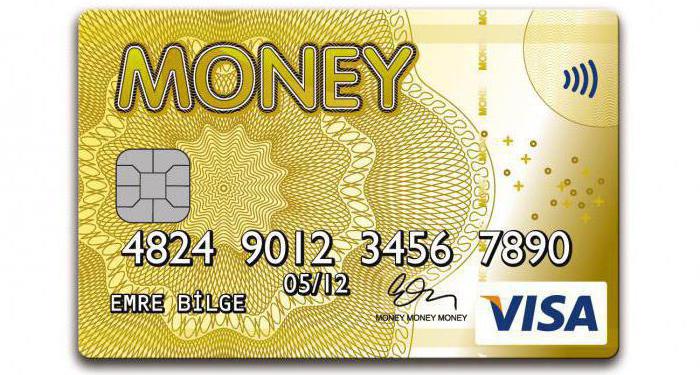
Conclusion
World money is currently the means of payment for all international transactions. They are not only the object of accumulation, but also contribute to the movement of various goods.
Among the main forms currently used in the global money market, we will single out banknotes, bills, credit cards, electronic money, checks.
Such a precious metal as gold is gradually losing its position as world money, although it has long been a means of materializing the country's wealth in the international arena.
The function of a stable and sought-after world currency can be performed in our time by any money that can be converted. And yet, despite this diversity, among the main monetary resources that have received trust from business representatives from different world countries, the leading positions belong to the US dollar and the euro.